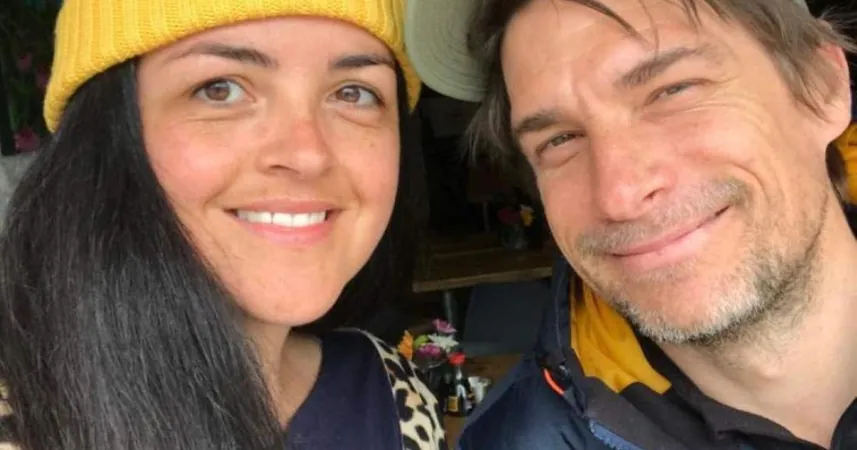
Netflix Star Raises Optimism with Groundbreaking Study for Tumor Patients
2024-10-03
Breakthrough in Cancer Treatment
In a significant breakthrough for cancer treatment, a star from Netflix’s drama "Queen Cleopatra," who portrayed Marc Antony, has voiced his enthusiasm for a recent study that presents promising avenues for patients battling tumors. Eighteen months post-operation, the actor is still on his road to recovery, shedding light on the complexities of dealing with such life-altering circumstances.
Research Insights
A research team from the prestigious Brain Tumour Research Centre of Excellence at the University of Plymouth has uncovered that targeting specific proteins found on the surface of tumors, particularly in cases of meningiomas and schwannomas, could pave the way for innovative therapies. The focus of their study centers on a protein called Mertk, which is known to be overexpressed in various cancer types and plays a crucial role in promoting tumor development.
Experimental Findings
By analyzing tumor samples, the researchers tested an experimental drug that successfully halted tumor cell growth in laboratory settings. In addition to its direct anti-cancer effects, the treatment also reduced the population of immune cells known as macrophages, which are typically supportive of tumor survival.
Clinical Trials Ahead
Now, the exciting journey doesn’t stop here. The researchers, including lead scientist Dr. Sylwia Ammoun and Professor Oliver Hanemann, are keen on advancing their findings into clinical trials. Dr. Ammoun explains that there are already multiple drugs being developed to target Mertk, with some having undergone clinical trials in other cancer forms. "This lays a strong foundation for us to initiate early-phase clinical trials specifically for patients suffering from schwannomas and meningiomas," she adds.
Actor's Perspective
The actor, Mr. Russell, expressed profound optimism about these developments, stating, "It’s incredibly positive and very exciting. The prospect of treating low-grade tumors in a less invasive manner would spare countless patients and their families from the arduous journey we endured." This sentiment reflects a growing hope among patients facing similar diagnoses, as advancements in treatment could lead to robust recovery processes that minimize burdens on both individuals and their support networks.
Personal Journey
Russell’s own journey began with persistent migraine attacks and bouts of brain fog, leading to the eventual diagnosis of his meningioma. The surgery to remove the tumor stretched nearly seven hours long; he recalls the risks associated with its extraction after a decade and a half of growth. However, the potential new treatments could significantly mitigate such risks and alleviate the strain placed on families and healthcare providers alike.
Expert Opinion
Dr. Karen Noble, who is the director of research, policy, and innovation at Brain Tumour Research, resonates with Mr. Russell’s sentiments. She remarked, "We are thrilled to have been part of funding this research, which delivers new hope to patients. There is an urgent need for gentler and less invasive treatment options to combat this cruel disease, and the work by Plymouth’s team may lead to rapid benefits for patients, potentially using already-tested medications."
Conclusion
This groundbreaking study sends ripples of hope through the community of tumor patients, suggesting that with continued research and innovation, more effective and less invasive treatments could soon transform their reality.


 Brasil (PT)
Brasil (PT)
 Canada (EN)
Canada (EN)
 Chile (ES)
Chile (ES)
 España (ES)
España (ES)
 France (FR)
France (FR)
 Hong Kong (EN)
Hong Kong (EN)
 Italia (IT)
Italia (IT)
 日本 (JA)
日本 (JA)
 Magyarország (HU)
Magyarország (HU)
 Norge (NO)
Norge (NO)
 Polska (PL)
Polska (PL)
 Schweiz (DE)
Schweiz (DE)
 Singapore (EN)
Singapore (EN)
 Sverige (SV)
Sverige (SV)
 Suomi (FI)
Suomi (FI)
 Türkiye (TR)
Türkiye (TR)